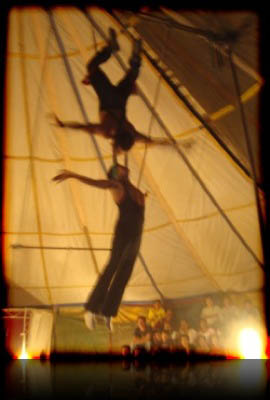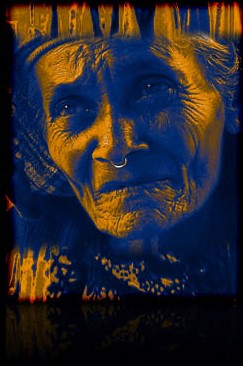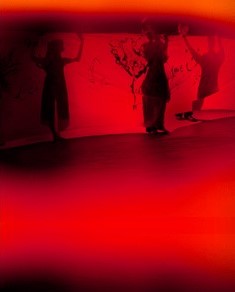Wasauksing Women Sharing Strength
DOI:
https://doi.org/10.25071/1913-5874/37371Abstract
Wasauksing Women Sharing Strength explores the subject of Aboriginal birth knowledge from Wasauksing First Nation in Ontario. The intent is to document and generate positive representations of traditional birth knowledge in response to processes of colonization, which in the past have worked to silence them. Three Wasauksing mothers share their understandings of traditional birth knowledge and where the origins of their knowledges lie. A short video documentary accompanies the article. The author approaches the work from her own personal standpoint: that of a Native woman from Wasauksing First Nation seeking information about her identity as a new mother.
References
Anderson, Kim. 2000. A Recognition of Being Reconstructing Native Womanhood. Toronto: Sumach Press.
Anderson, Kim.1997. A Recognition of Being. M. A. Thesis., University of Toronto.
Brownlie, Jarvis, Robin. 2005. Intimate Surveillance: Indian Affairs, Colonization, and the Regulation of Aboriginal Women’s Sexuality. In contact zones Aboriginal & Settler Women in Canada’s Colonial Past, ed. Katie Pickles and Myra Rutherdale. Vancouver: UBC Press.
Brownlie, Jarvis, Robin.1996. A Fatherly Eye: Two Indian Agents on Georgian Bay, 1918-1939. PhD diss., The University of Toronto.
Feminist Women’s Health Centre. Menstrual Cycles: What Really Happens in those 28 Days?!. Feminist Women’s Health Centre. http://www.fwhc.org/index.htm (accessed Aug. 15, 2008)
Koennecke, Franz. 1984. Wasoksing: The History of Parry Island: An Anishnawbe Community in the Georgian Bay 1850 to 1920. Unpublished M.A. Thesis. Waterloo: University of Waterloo.
McInnes, Brian. 1999. Waasaaksing: Stories, Land, and Language. Major Paper. North York: York University.
Roland Chrisjohn and Sherri Young. 1997. The Circle Game. Penticton, BC: Theytus Books Ltd.
Royal Commission on Aboriginal Peoples. 1993. Aboriginal Health Policy for the Next Century. In A Pathway to Healing, 27-45. Ottawa: Canada Communication Group.
Royal Commission on Aboriginal Peoples. 1996. Report of the Royal Commission on Aboriginal Peoples. Volumes 1-5.
Seventh Generation Midwives Toronto. Our People. http://cutle.oise.utoronto.ca/~jmcguire/sgmtbkup/SGMTabout.html (accessed Sept. 1, 2007).
Schnarch, B. 2004. Ownership, Control, Access, and Possession (OCAP) or Self-Determination Applied to Research: A Critical Analysis of Contemporary First Nations Research and Some Options for First Nations Communities. Journal of Aboriginal Health 1(1). National Aboriginal Health Organization, Ottawa, On. 37 pp.
Tabobondung, Rebeka. 2012. Wasauksing Women Sharing Strength. DVD. Prod. Maaiingan Productions and MUSKRAT Media Inc.. 20 min.
Titley, Brian E. 1986. A Narrow Vision Duncan Campbell Scott and The Administration of Indian Affairs in Canada. Vancouver: University of British Columbia Press.





